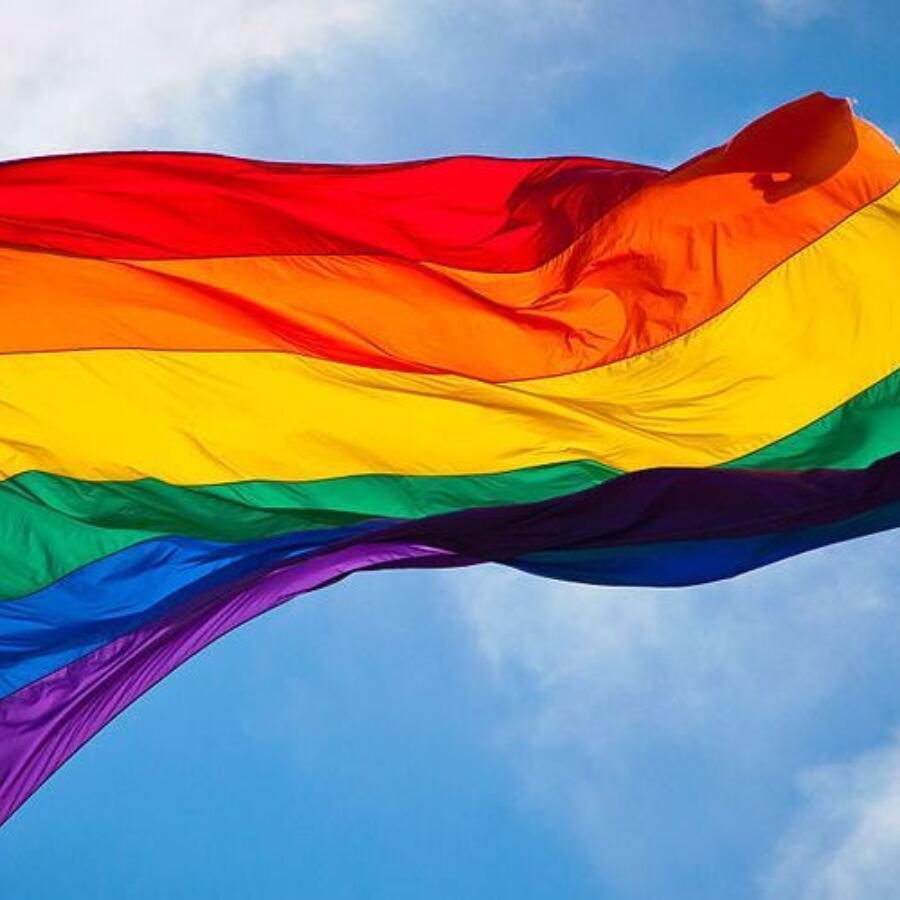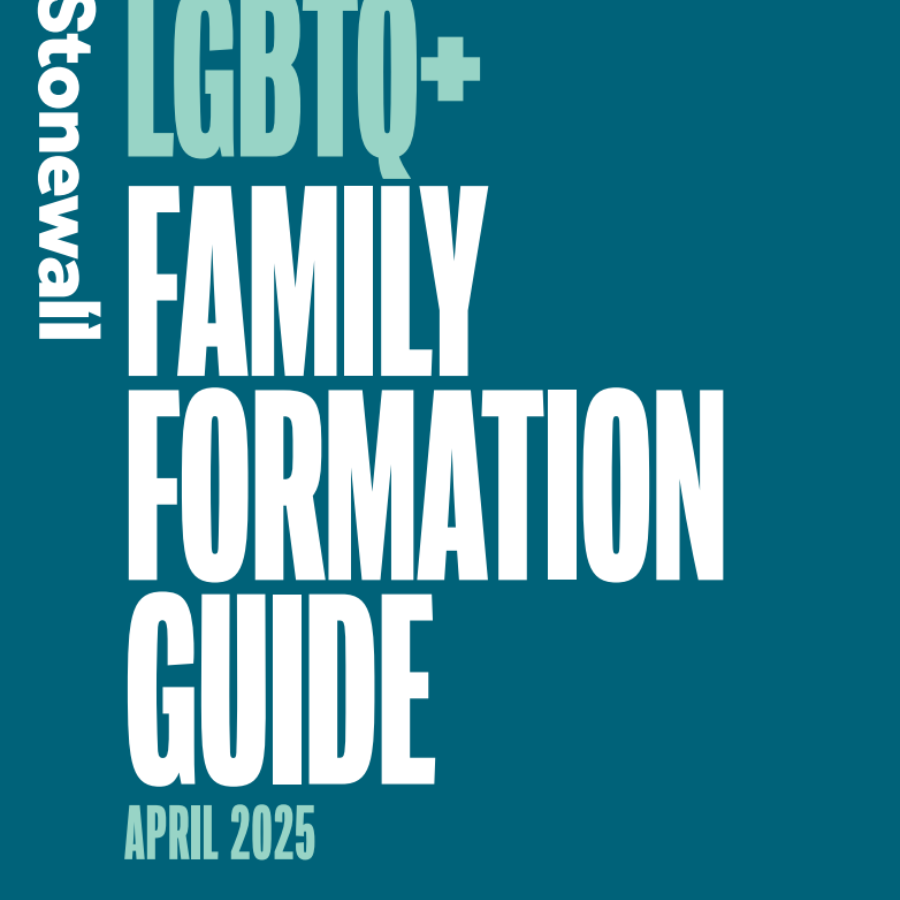
Gay history: A journey
Being gay is not solely a sexual identity but can be part of a vibrant culture that has helped shape wider society. Gay men have always contributed to commerce, the law, culture, and sport, even if for many decades they were not able to be publicly open about their identity.
Understanding the history of gay men is not just recalling struggles, but is also honouring the joy, resilience and love that has always been part of gay men’s lives. Our community’s progress has only been possible by taking forward the successes of those who came before us.
Here we highlight key moments, movements and figures who have shaped the rich tapestry of the gay movement.
Gay Britain: law and reform
Before 1885, the law focused on severe punishments for sodomy (sex between men), but it was the Labouchere Amendment 1885 that broadened the scope of criminalisation for such activity. This amendment made any homosexual act between men a criminal offence, using the vague term "gross indecency". It was this law that led to the prosecution of Oscar Wilde in the late 19th century and Alan Turing in 1952.
In the early 20th century, there was very little open discussion about same-sex relationships in Britain. A few people and groups quietly challenged the stigma, but activism was largely underground. Society and mainstream media often reinforced negative stereotypes or sensationalised homosexuality, making it difficult for gay men to live openly. It wasn’t until the 1950s and 1960s, as society slowly began to change, that the first real steps toward LGBTQ+ rights were taken. Even then, discrimination was widespread. Homosexuality was still seen as a mental illness, and gay men had almost no legal protection. For much of the 20th century, gay men were forced to live in secrecy, fearing both legal prosecutions and social consequences.
In 1957, we see the first landmark change. The recommendations of the Wolfenden Report suggested that consensual sex between adults of the same sex should no longer be a crime. This report paved the way for future legal changes. A year later, the Homosexual Law Reform Society was founded in London to campaign for full decriminalisation. These early efforts started to build momentum, but real change didn’t take off until the late 1960s, after the Stonewall Riots in New York inspired LGBTQ+ activism in both the UK and the USA. In 1967, the Sexual Offences Act decriminalised sex between men in England and Wales, but only for those over 21 and only in private. Despite this, discrimination and harassment against gay men continued.
The AIDS crisis
The emergence of AIDS in the early 1980s marked one of the most defining and devastating chapters in modern gay history. What began as an ‘unexplained’ illness affecting gay men in the USA soon became a global health emergency that exposed firmly ingrained prejudice and inequality.In Britain, the first recorded AIDS-related death occurred in 1982, that of Terry Higgins, which inspired the establishment of the Terrence Higgins Trust. THT aimed to, and still to this day, provides support and information about the disease. The media often referred to AIDS as a “gay plague,” reinforcing homophobic rhetoric and stigmatisation. Many gay men were shunned by family and healthcare providers, and worse.
Despite these challenges, the 1980s saw the rise of grassroots activism and support networks, laying the foundation for ongoing efforts to combat the epidemic, that would additionally become the foundation for the broader movement. By the mid 1990s, advances in treatment transformed HIV from a fatal illness into a “manageable” condition, but the impact of the epidemic remained.
Gay men have always existed
Across time and cultures, same-sex love and attraction have been expressed, celebrated and sometimes suppressed. Throughout history, gay men have found ways to connect. However, it was in the 20th century that male gay identities began to be spoken about openly, and activism emerged as a powerful force for visibility, equality and pride.
Much of the major change and growing societal acceptance can be attributed to the work of Stonewall, founded in 1989, and other organisations coming to the fore at that time. Stonewall has played a vital role in advancing rights for gay men, including repealing Section 28, campaigning to lift the ban on gay people serving in the military, legalising same-sex marriage and securing the equal age of consent. It can be easy to forget how far society has come in just a few decades. While there is still a long way to go, it is important to recognise and celebrate the triumphs and progress achieved over the last century.
Timeline: The gay men's movement: silence, activism, reform
- 1880s
- 1885: Homosexual acts between men were criminalised under the Labouchere Amendment 1885. Thousands were prosecuted under this law, including Oscar Wilde (1895) and Alan Turing (1952)
- Early sexology pioneers like Karl Heinrich Ulrichs and Havelock Ellis publish works describing same-sex attraction as natural
- Underground gay social circles emerge in cities like London, Paris and Berlin
- Mid-1900s
- 1919: World’s first gay rights organisation, Institut für Sexualwissenschaft, founded in Berlin by Magnus Hirschfeld
- 1933–1945: Under Nazi rule, gay men were targeted under Paragraph 175 of the German criminal code, which outlawed homosexual acts
- Late-1900s
- 1957: The Wolfenden Committee publishes a report, recommending that ‘homosexual behaviour between consenting adults in private should no longer be a criminal offence’
- 1958:The Homosexual Law Reform Society is founded to campaign for the legalisation of same-sex relationships in the UK
- 1967: The Sexual Offences Act 1967 decriminalises sex between two men over 21 and ‘in private’ in England and Wales
- 1969: Stonewall Riots in New York, catalyst for modern gay rights movement
- 1970: First Pride marches held in New York, Los Angeles, Chicago and San Francisco
- 1970: London Gay Liberation Front (GLF) is established in the UK. It is based on a parallel movement in the US based on revolutionary politics
- 1972: First Pride march is held in London
- 1972: Gay News, Britain’s first gay newspaper is founded
- 1973: Homosexuality declassified as a mental disorder by the American Psychiatric Association
- 1980: Sex between two men over the age of 21 ‘in private’ is decriminalised in Scotland
- 1981: First cases of AIDS reported, crisis shapes global activism
- 1982: Terrence (Terry) Higgins, the first named person to die from an AIDS-related illness in the UK dies, aged 37 at St Thomas' Hospital, London. The Terry Higgins Trust is set up
- 1984: Chris Smith, Labour MP for Islington South and Finsbury, speaks openly about his sexual orientation and becomes the first openly gay MP
- 1987: Formation of ACT UP (AIDS Coalition to Unleash Power)
- 1990: World Health Organisation removes homosexuality from its list of mental illnesses
- 1991: Candlelit vigil is held in London after five gay men are murdered within months of each other. This leads to the formation of OutRage, who call for police to start protecting gay and bi men instead of arresting them.
- 1992: British serial killer, Colin Ireland, is convicted of killing five gay men. He is sentenced to life in prison
- 1999: Launch of WorldPride, celebrating global LGBTQ+ visibility
- 2000s
- 2000: The UK equalises the age of consent for gay relationships
- 2000: Ban on gay people serving in the armed forces officially lifted
- 2001: Netherlands becomes the first country to legalise same-sex marriage
- 2003: Section 28 repealed in England and Wales
- 2004: Civil Partnerships Act gives same-sex couples legal recognition
- 2005: First civil partnerships registered in the UK
- 2009: First official LGBT History Month celebrated in the UK
- 2013: Marriage (Same-sex Couples) Act passed in England and Wales
- 2014: Same-sex marriages become legal, and Scotland passes its own marriage equality law
- 2017: Turing Law enacted, posthumous pardons for men convicted under historic anti-gay laws
- 2019: Northern Ireland legalises same-sex marriage (effective 2020)
- 2020s
- 2020: More than 30 countries recognise same-sex marriage worldwide
- 2023: UK government issues apology to LGBTQ+ veterans who were dismissed under historic ban




